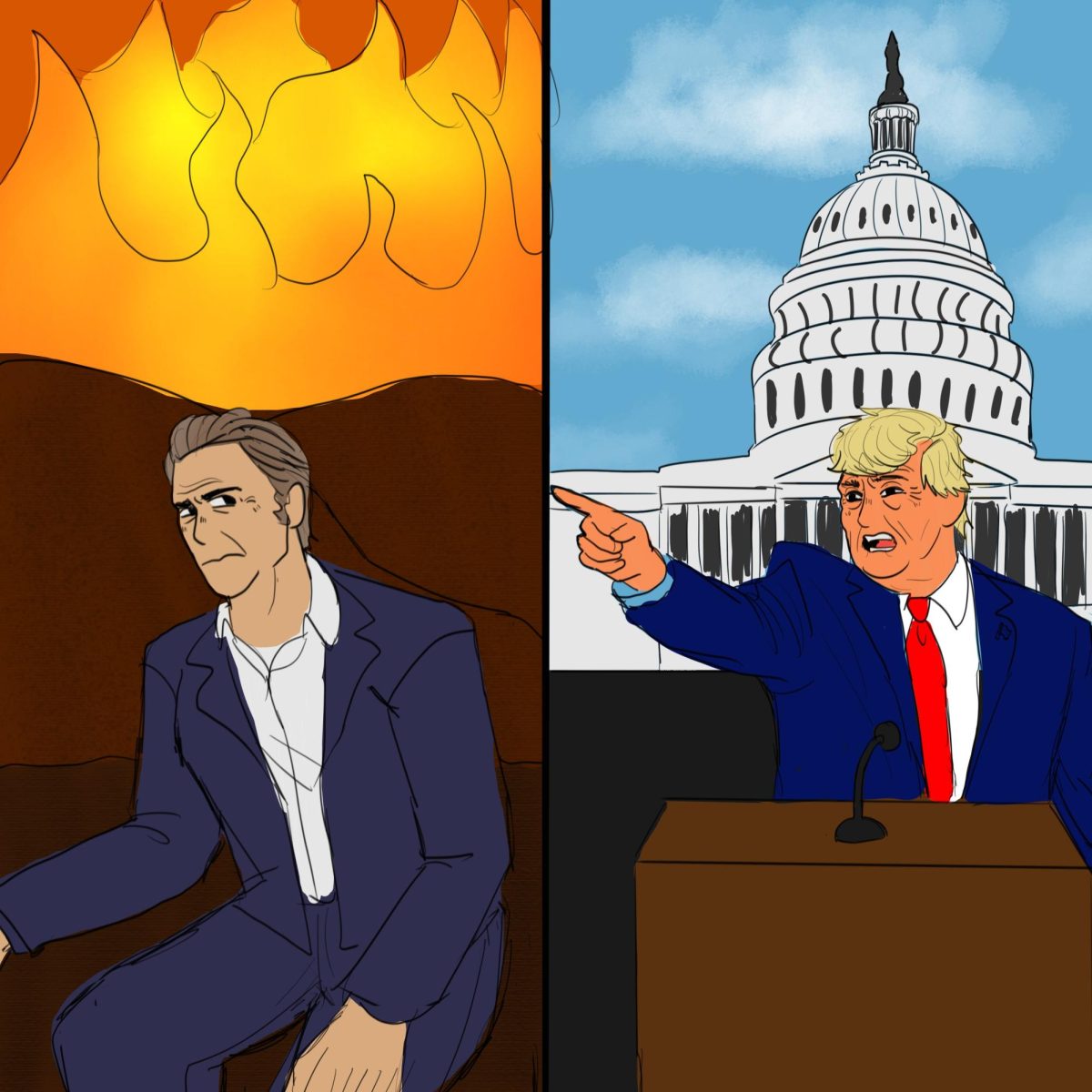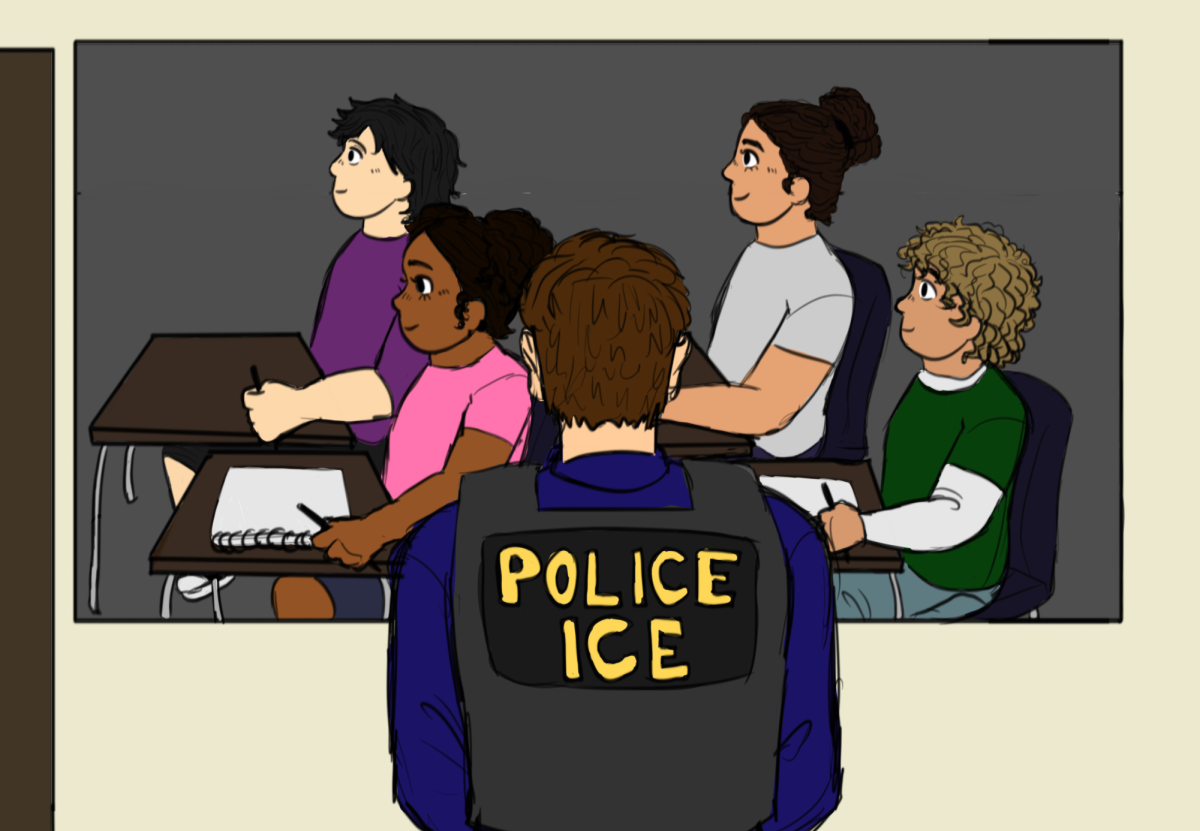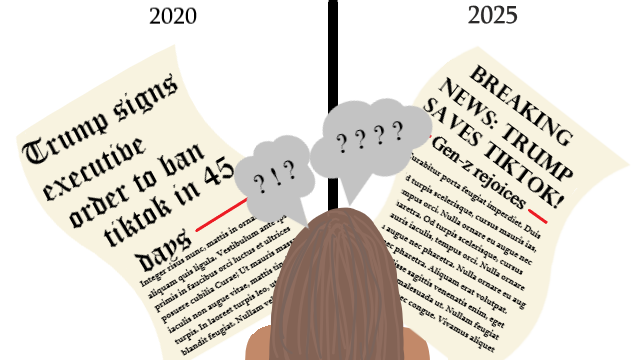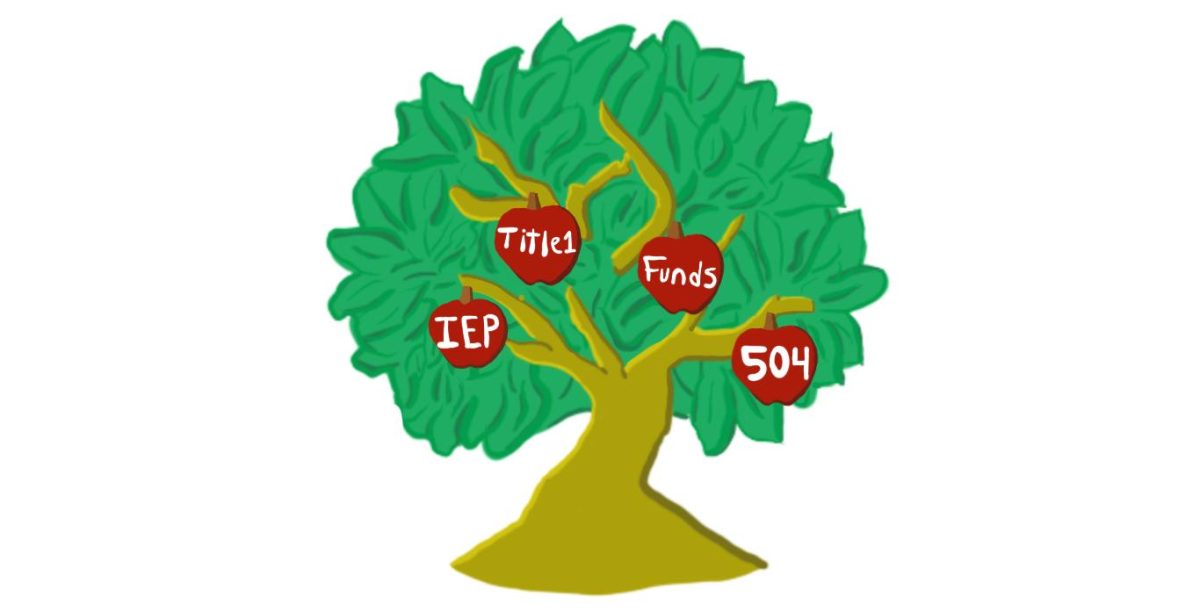The LA fires, beginning on Jan. 7, resulted in more than 16,000 homes and other structures destroyed and 200,000 people who experienced evacuation orders. Despite the devastation political feuds have emerged such as President elect Trump’s comment about California governor Gavin Newsom, “I will demand that this incompetent governor allow beautiful, clean, fresh water to FLOW INTO CALIFORNIA! He is the blame for this,” Trump wrote Wednesday on his social media platform, Truth Social. Such is an example of the rising political polarization that is counterproductive in a time of tragedy for so many Americans. The 2025 fire season in California has been an unexpected devastating tragedy, yet rather than focusing solely on the urgent needs of those affected, political discourse quickly overshadowed the recovery efforts. Natural disasters should be acknowledged as a larger issue than simply being used as pawns for a political agenda.
The intensity of these fires is expected to increase, as climate change continues to make wildfires more frequent and destructive. According to the National Oceanic and Atmospheric Administration (NOAA), “rising temperatures and prolonged droughts contribute to longer and more severe wildfire seasons across the Western United States. As temperatures increase, vegetation becomes drier, creating perfect conditions for catastrophic wildries.”
There have been apparent concerns about the detrimental environmental state of our country, yet political leaders continue to use these tragedies as platforms for advancing their own agendas, rather than focusing on effective solutions.
According to Patriot News, former Lieutenant Governor of Pennsylvania Mark S. Singel said, “Every leader who assumes a position of executive authority finds himself or herself facing a crisis at some point. Whether this means the decision to engage in warfare or the need to respond to natural or man-made disasters, leaders are expected to rise to the occasion. Leaders must lead.”
The reality of wildfires in California is that they affect people of all political affiliations. Regardless of who is in power, families lose their homes, businesses are destroyed and the environment is damaged. In the face of such destruction, it is crucial that leaders set aside their differences and prioritize the needs of the people.
Providing relief, securing resources for firefighting efforts and assisting displaced individuals should be the focus, and long-term solutions must also be addressed. This includes investing in climate resilience, updating building codes to withstand wildfires and funding preventive measures such as controlled burns.
Many news sources are focusing on politics. For example, the Los Angeles Times says, “But she acted as a possible candidate should, conspicuously showing concern for disaster victims and demonstrating potential leadership qualities voters demand in major elected officials. Not showing up might have conveyed cold indifference. Natural disasters can greatly benefit or gravely wound political figures — fairly and unfairly. Whether scoring political points was Harris’ intention or not, she probably benefited.”
This focus on political advantage raises a larger concern–the potential for natural disasters to be exploited for political gain. While it is important for elected officials to show concern and leadership in times of crisis, these moments should not become opportunities for partisanship or self-promotion.
When disaster response is viewed through a political lens, it distracts from the real work of providing relief and addressing the root causes of these crises.
It is essential that political leaders recognize the importance of collaboration over division. The focus must be on finding solutions, not scoring political points. Natural disasters–particularly the recent wildfires–-should not be a battleground for partisan politics; they are human tragedies that require urgent, unified action.









Aberdee • Feb 7, 2025 at 8:57 am
I think that natural disasters are kind of political sometimes, in this case they can be cause these disasters aren’t so natural and are rather a direct result of climate change and its effects on our eco system, and you know trump be trying to get rid of measures to stop climate change so only more disasters like this will occur in the future, no matter how good anti fire system is.